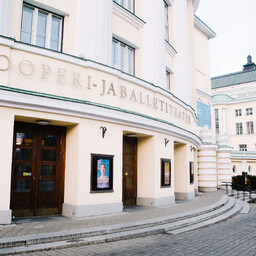According to Ott Maaten, the director of the Estonian National Opera Estonia, the Cultural Committee discussed the funding of the national opera and the budget deficit. There are no quick solutions to the salary problems, but some methods are being considered.
Maaten said that possible solutions need to be discussed in cooperation with the Ministry of Culture. One option is to create a similar salary scale for cultural workers, like the one for educators.
Maaten noted that the minimum wage for cultural workers has become outdated. Support for the cultural sector has increased, but basic institutions like Estonia have been left at the end of the queue. This is justified by the minimum wage.
Maaten emphasized that it is not possible to hire top specialists with the minimum wage. People change professions or go to work elsewhere.
Cultural Committee member Tõnis Lukas said that to remain competitive internationally, people need to be motivated with normal wages. Currently, these wages are not normal.
Coalition parties have promised that the salary issue will be addressed during the 2026 state budget negotiations. Isamaa has proposed to increase the salaries of cultural workers at a faster pace.
The 2026 state budget draft has passed the second reading. For the third reading, committees and factions can submit amendment proposals. Starting from 2026, the minimum wage for cultural workers will be 1720 euros.

